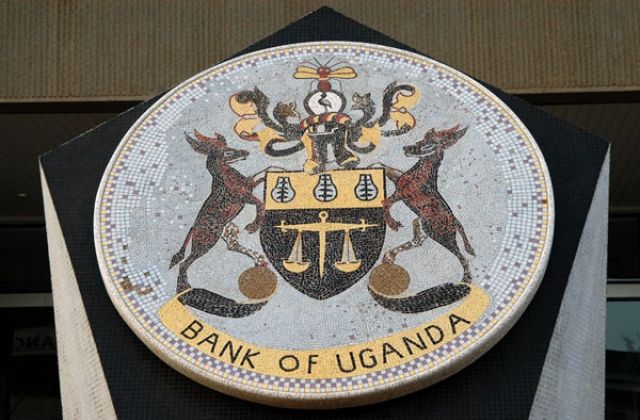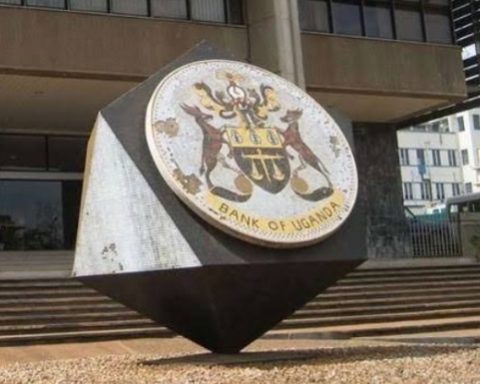Since being appointed the Bank of Uganda (BoU) Deputy Governor and has been acting as Governor, Michael Atingi-Ego has now raised the indicative Central Bank Rate (CBR), twice to the current 8.5 per cent, encouraging commercial banks to also raise interest rates for borrowers.
Ugandan borrowers are not happy that BoU continues to raise the CBR with the excuse of controlling inflation. Local businesses are now discouraged to borrow from commercial banks, fearing the anticipated high interest rates charged.
Remember that when local businesses fear to borrow from banks because of the rise in interest rates, production will be low, which means the Uganda Revenue Authority (URA) will collect less tax revenue at the end of the day. And some banks are losing business as well, in the name of following BoU’s claim of taming inflation.
We also know BoU is also behind the idea that the government should not subsidize commodities such as fuel, arguing that it is not sustainable in the long-run. At least Atingi has made this view known in the recent fora that he has participated in.
Question for Atingi is, “Who should save Ugandan citizens from the high prices of fuel and other essential commodities? We know that other governments in the EAC where Ugandans belong have subsidized fuel, knowing that it plays an important part in the economy.”
Does Atingi and others who anti-subsidization know that some people have parked their vehicles at home because they cannot afford fuel, for example?
Worse still, based on the advice given by officials like Atingi that too much money should not be in circulation, the Finance Ministry sent lesser monies to government ministries, departments and agencies for the first quarter of financial year 2022/23.
This means that the common man will not be able to have all his goods and services procured by the government, as the government agencies will be cautious to spend because of the little money received.
The Finance Ministry has slashed cash releases to institutions and local governments by over Shs4 trillion…aimed at taming rising prices of goods,” a leading daily reported on Wednesday. The daily went ahead to give figures, showing that Shs5 trillion was supposed to be released in the first quarter. That means businessmen will have less money in their pockets as the public won’t have the money to buy.
![]()




























